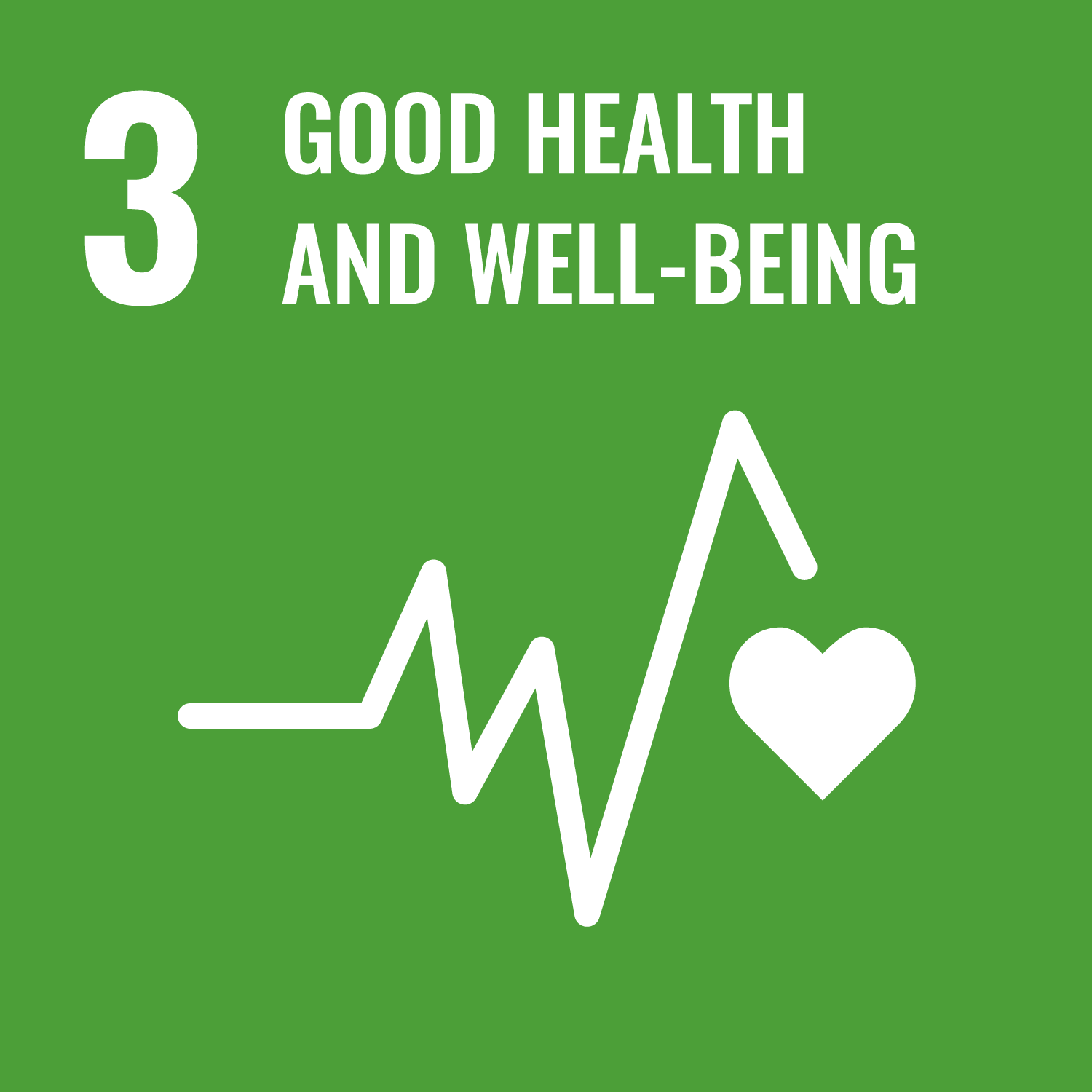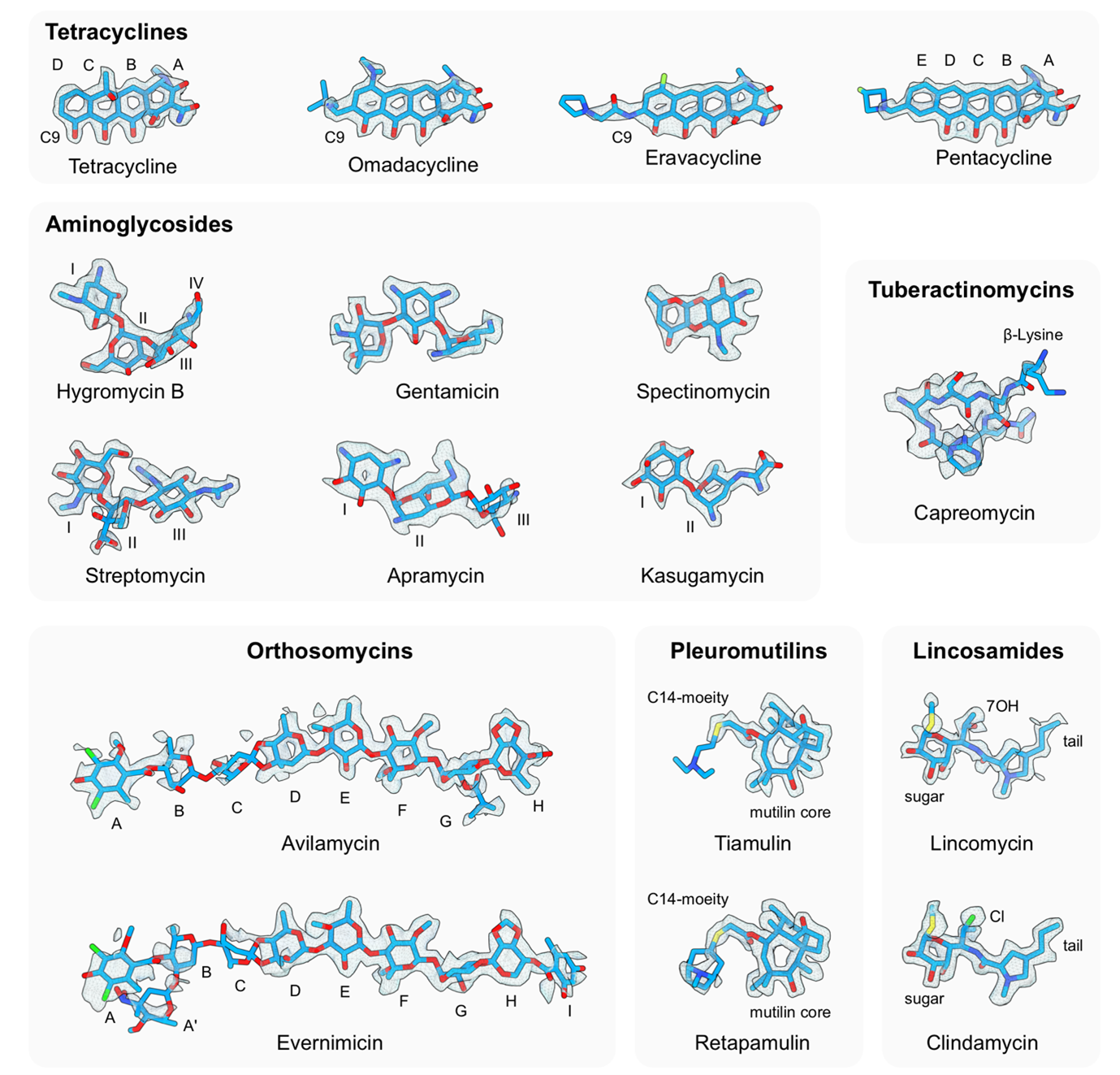Sustainability
Research Group Prof. Dr. Daniel Wilson

SDG 3: GOOD HEALTH AND WELL-BEING
The Research group of Prof. Daniel Wilson is located in the Institute for Biochemistry and Molecular Biology.
Research in the Wilson group is categorized within Sustainable Development Goal 3 (SDG 3), which advocates for healthy, sustainable lives for all by ensuring access to healthcare, clean environments, and resources, demonstrating that a healthy planet is vital for healthy people.
One aspect of the research in the Wilson group is focussed on understanding the mechanism of action of antibiotics and how they can overcome the increasing threat of multi-drug resistant pathgenic bacteria. In particularly, the Wilson group uses a combination of biochemical and structural biology techniques to directly visualize how antibiotics interaction with their target in the cell. One major target for antibiotics in the bacterial cell is the ribosome, the machine responsible for synthesizing the majority of proteins in the cell.
For example, using cryo-electron microscopy, the Wilson group has determined high resolution structures of 17 different antibiotics from 6 different classes in complex with the ribosome (Figure 1; Paternoga et al NSMB Nat Struct Mol Biol. 2023 Sep;30(9):1380-1392). This study provides the basis for structure-based design of many clinical-relevant classes of antibiotics to develop new improved classes of antibiotics to overcome multi-drug resistant pathogenic bacteria.

Figure 1. Cryo-EM maps and models for 17 ribosome-targeting antibiotics. Segmented cryo-EM map densities (transparent grey) and molecules models (coloured by atom) are shown for tetracyclines (tetracycline, omadacycline, eravacycline and pentacycline), aminoglycosides (hygromycin B, gentamicin, spectinomycin, streptomycin, apramycin and kasugamycin), tuberactinomycin (capreomycin), orthosomycin (avilamycin and evernimicin), pleuromutilin (tiamulin and retapamulin) and lincosamide (lincomycin and clindamycin) antibiotics. Modified from Paternoga et al NSMB (2023).